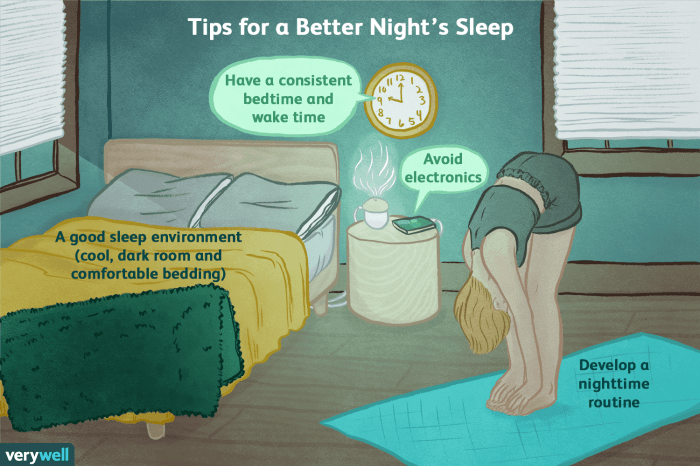Levantarse : acostarse :: despertarse – In the realm of Spanish grammar and linguistics, the words “levantarse”, “acostarse”, and “despertarse” hold significant importance. This exploration delves into their parts of speech, conjugation patterns, semantic relationships, collocations, and cultural significance, unraveling the intricate tapestry of their usage in Spanish-speaking communities.
From the act of rising to the act of retiring, these verbs capture the essence of daily routines and the rhythm of life. Their semantic connections and collocations paint a vivid picture of the human experience, while their cultural significance extends beyond mere words, shaping proverbs, idioms, and societal norms.
Parts of Speech

The parts of speech for the words “levantarse”, “acostarse”, and “despertarse” are as follows:
| Word | Part of Speech |
|---|---|
| levantarse | Verb (reflexive) |
| acostarse | Verb (reflexive) |
| despertarse | Verb (reflexive) |
Conjugation
The following table displays the conjugations of the verbs “levantarse”, “acostarse”, and “despertarse” in the present, past, and future tenses:
| Tense | levantarse | acostarse | despertarse |
|---|---|---|---|
| Present | me levanto | me acuesto | me despierto |
| Past | me levanté | me acosté | me desperté |
| Future | me levantaré | me acostaré | me despertaré |
Semantic Relationship: Levantarse : Acostarse :: Despertarse
The words “levantarse”, “acostarse”, and “despertarse” all refer to actions related to sleep and wakefulness.
- “levantarse” means “to get up” or “to rise”.
- “acostarse” means “to go to bed” or “to lie down”.
- “despertarse” means “to wake up” or “to awaken”.
These words are often used together to describe the daily routine of a person. For example, a person might say “me levanto a las 7:00 de la mañana, me acuesto a las 10:00 de la noche, y me despierto a las 6:00 de la mañana” (I get up at 7:00 in the morning, I go to bed at 10:00 at night, and I wake up at 6:00 in the morning).
Collocations

Common collocations for the words “levantarse”, “acostarse”, and “despertarse” include:
- “levantarse temprano” (to get up early)
- “acostarse tarde” (to go to bed late)
- “despertarse con hambre” (to wake up hungry)
- “despertarse con sed” (to wake up thirsty)
Cultural Context

The words “levantarse”, “acostarse”, and “despertarse” are all important words in Spanish-speaking cultures. They are used in a variety of contexts, including:
- Proverbs
- Idioms
- Cultural practices
For example, the proverb “el que madruga, Dios le ayuda” (the early bird gets the worm) uses the word “levantarse” to refer to the importance of getting up early. The idiom “acostarse con las gallinas” (to go to bed with the chickens) uses the word “acostarse” to refer to the practice of going to bed early.
And the cultural practice of “la siesta” (the afternoon nap) uses the word “despertarse” to refer to the act of waking up from a nap.
Commonly Asked Questions
What is the part of speech of “levantarse”?
Verb
What is the present tense conjugation of “acostarse”?
Me acuesto
How are these verbs used in a cultural context?
They are used in proverbs and idioms to convey wisdom and cultural values.